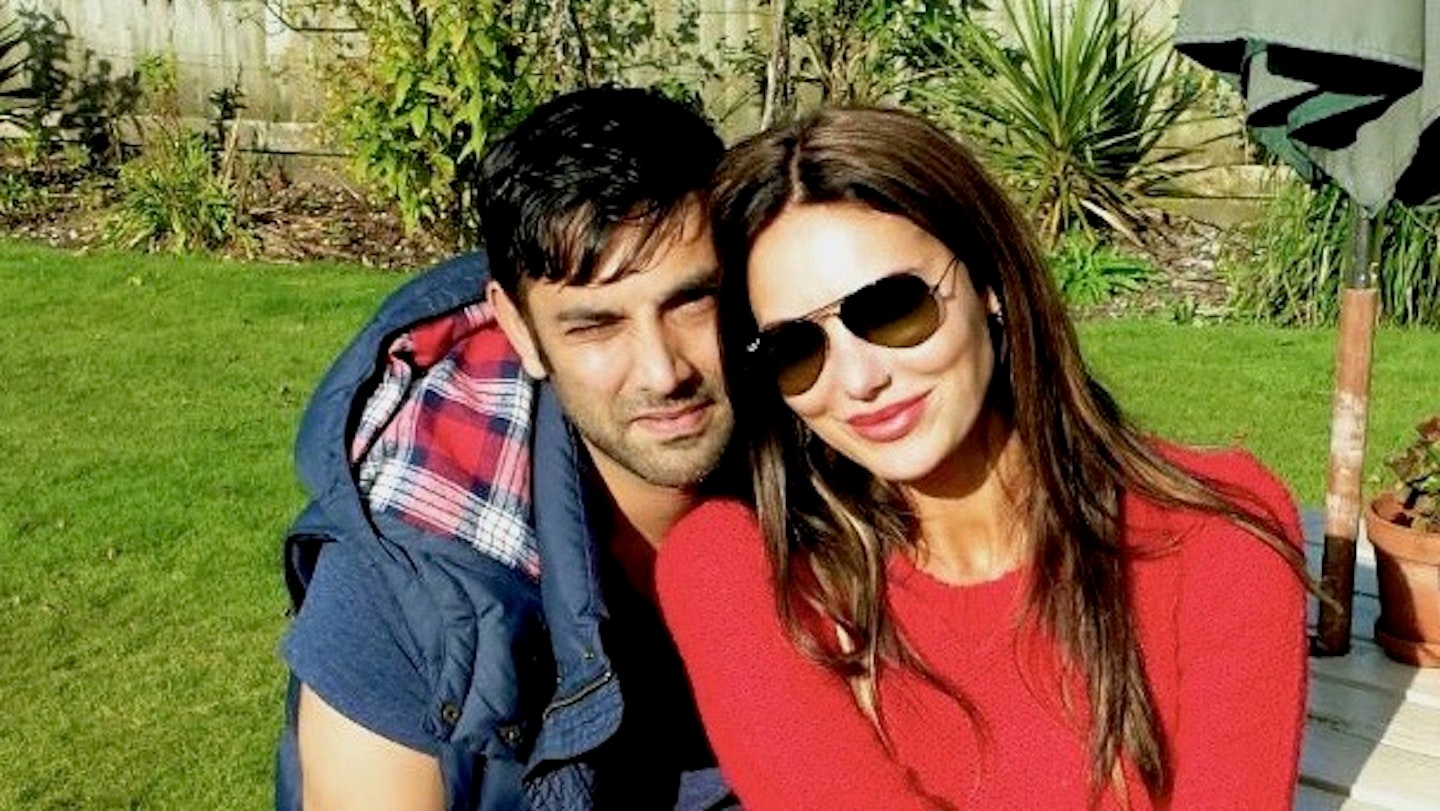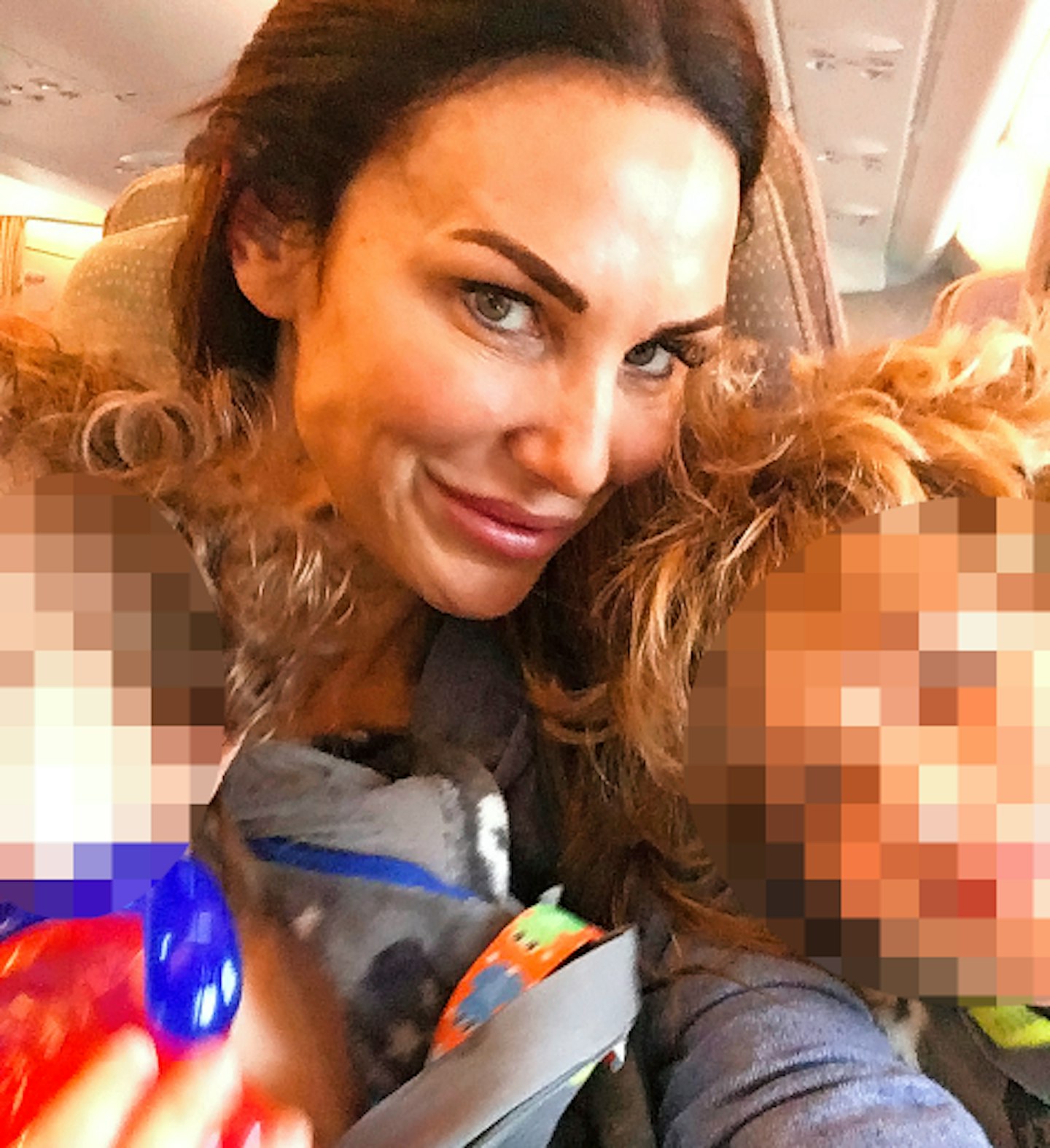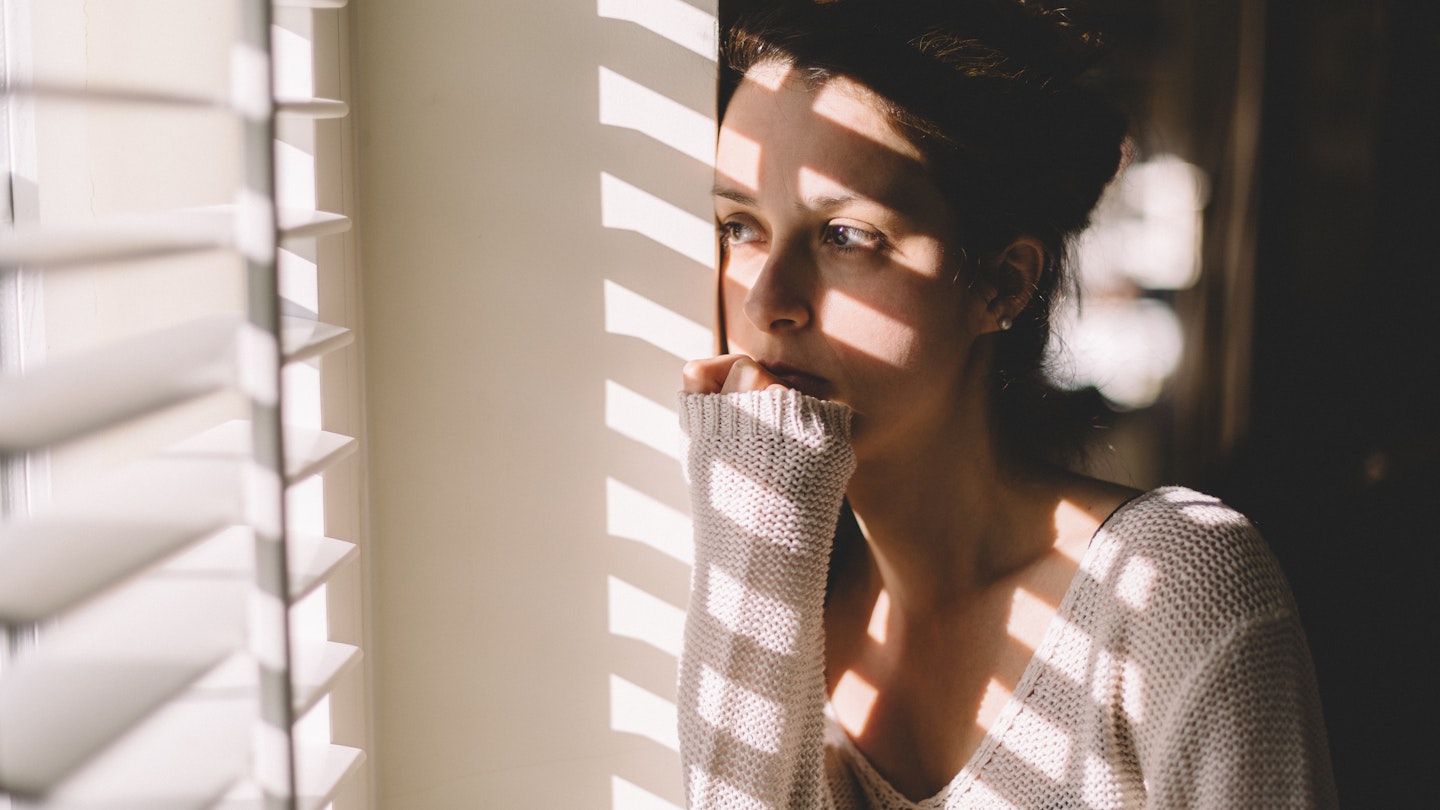As the number of calls alerting authorities to domestic violence soars, Closer investigates what can be done to protect families at risk
When Abi Blake married Sebastian Swamy in November 2014, she thought she had found The One. But just weeks into their marriage, he started to display violent, coercive behaviour. Three years later, he launched a shockingly savage attack that left Abi physically and mentally scarred.
Mum-of-two Abi, 42, tells Closer, “Although I escaped Sebastian, I’ll never recover from his abuse. If my children and I had been forced into lockdown with him, I’m not sure we’d have survived it.”
Sadly, 1.6 million women in the UK experienced domestic abuse last year. Now, as the country surpasses four weeks of lockdown during the COVID-19 crisis, charities warn of a surge in cases while families are trapped.
Just last month, during the second week of lockdown, NHS nurse Victoria Woodhall, 31, and retired supermarket worker Ruth Williams, 67, were killed – both their husbands have appeared in court, accused of murder. Their trials will take place later this year. Another woman, Kelly Fitzgibbons, 40, and her two young daughters were shot dead in a murder-suicide by husband and father Robert Needham.
.jpg?auto=format&w=1440&q=80)
Refuge reported that calls had soared by a shocking 120 per cent in just one day.
Sandra Horley CBE, chief executive of national domestic abuse charity Refuge, says, “Since the UK lockdown measures were announced, calls to our helpline have increased, while visits to the website increased by 150 per cent.
"We know that, ordinarily, the window of opportunity for women with abusive partners to seek help is often very limited. Now, it is likely that window has become even smaller. Families in isolation can potentially aggravate preexisting abusive behaviours by perpetrators, as women and children are likely to be spending concentrated periods of time with them.
"Domestic abuse is much more than physical violence – isolation is already used by many perpetrators as a tool of control.
“Our refuges are still operating and we want to assure women that there is somewhere safe for them to go if they need to leave their home. We have put in place a range of measures to keep our residents safe in the context of COVID-19. We urge survivors, concerned friends or family members, neighbours and colleagues to read our safety guide, so they know where to access help, and what to do if they, or someone they know, needs help.”

Abi began dating Sebastian, 41, in May 2014, after the pair were introduced through a mutual friend.
Abi, from Cheshire, says, “Sebastian was charming, and he got on well with my then three-year-old son from a previous relationship, Harry.”
It wasn’t until Abi married Sebastian in November 2014 that she noticed his behaviour turning violent and manipulative.
She recalls, “Sebastian often burst into unpredictable, explosive rages, fuelled by alcohol. His angry fits became worse during bank holidays or Christmas, when he’d stock up on booze and dominate the house. Holidays like Christmas weren’t happy family occasions – they were periods when we were stuck indoors with a monster.”
In August 2015, Abi got pregnant.
She says, “He was never afraid to hit me or scream in my face, even when I was carrying his child. I worked long shifts as a manager at Manchester Airport right up until my due date, just to avoid being alone with him.
“Sebastian’s behaviour didn’t change after I gave birth to our son, Edward, in June 2016. My friends begged me to leave Sebastian, but I was too afraid he’d kill me if I tried.”

But in July 2017, when Abi mustered the courage to leave Sebastian, he launched one last horrifying attack.
Abi says, “My kids were at a sleepover when I told Sebastian I wanted a divorce. As I turned away from him, I felt two blows to the back of my neck. I fell to the ground and he stamped on my throat and chest until I lost consciousness. He snatched my phone and fled. I managed to drag myself into the street and neighbours phoned 999.”
Abi was treated for five broken ribs, two fractured vertebrae and a punctured lung. Sebastian was arrested and charged with grievous bodily harm (GBH) and spent six months in prison – he’s since been released.
Abi says, “While Sebastian walks free, I’m now suffering from PTSD. But I feel lucky that my children and I are alive.
"During COVID-19, we’ve been told to stay at home for our own safety. I can now call my home a safe place but, sadly, for millions of women, it’s the opposite. I hope this pandemic has taught us all to look out more for vulnerable people.”
Abi is now dedicated to helping survivors of Domestic Abuse. _[Follow her page on Instagram](https://www.instagram.com/stay_strong_abi/)__..){href='https://www.instagram.com/stay_strong_abi/).' target='blank' rel='noopener noreferrer'}abi/)__.
READ MORE:
Things we're buying that are actually useful during lockdown
HOW YOU CAN HELP:
- Keep an eye on friends and neighbours. If you are worried about someone, make sure they know the number for the Refuge’s helpline: 0808 2000 247. In an emergency, call 999.
- If survivors are unable to call, they can visit Nationaldahelpline.org.uk to fill in an online form and request a safe time to be called back.
- Women can also receive guidance via Refuge’s chatbot on how to secure devices such as phones, so that perpetrators can’t unlock them. Visit Refuge.org.uk for more info.
- Cheshire based domestic abuse charity, My Cheshire Without Abuse (My CWA) are in need of smartphones for women in their refuges. To make a donation or to send an unused, cleared phone, search My CWA Live Free on Facebook for more information. Victims can also reach out to My CWA for help, by calling 01270 250 390.
